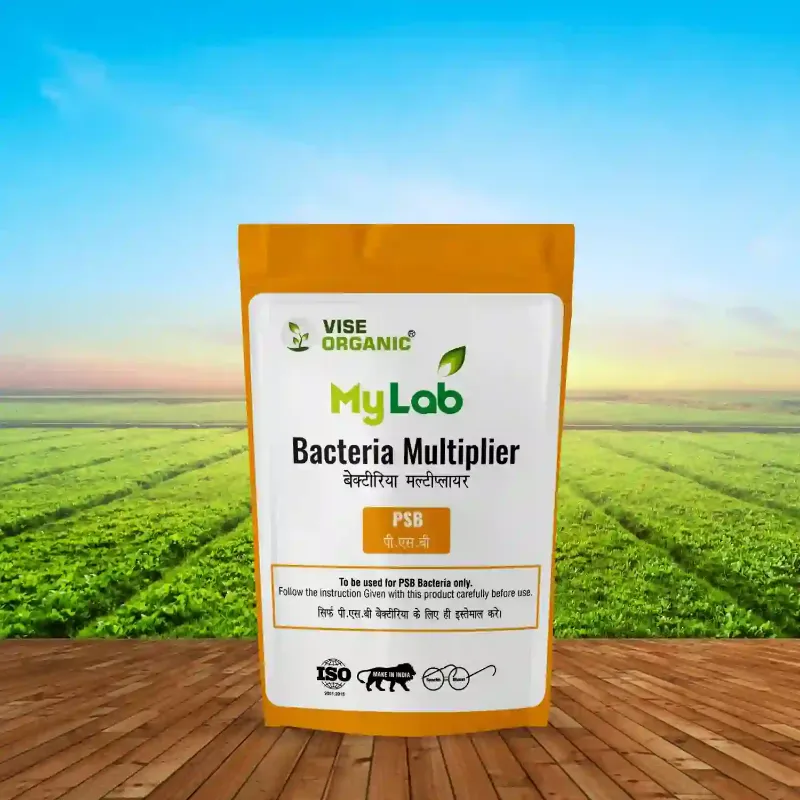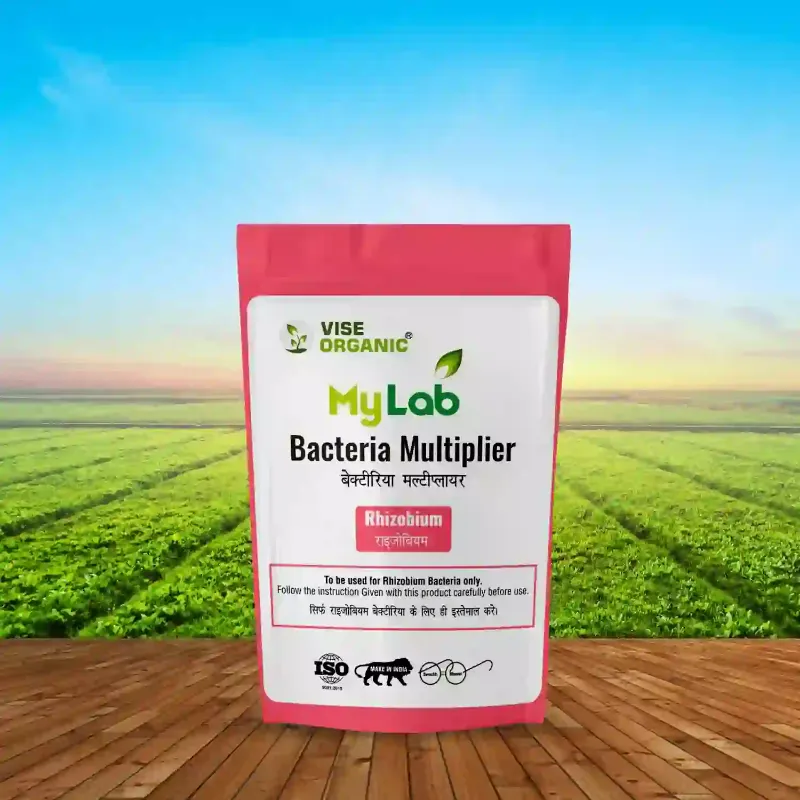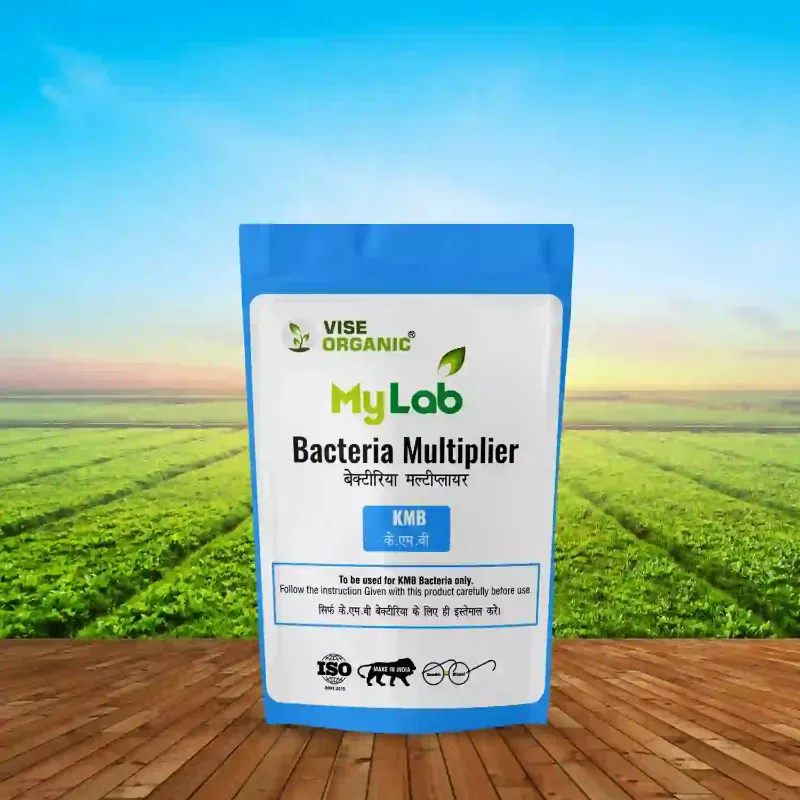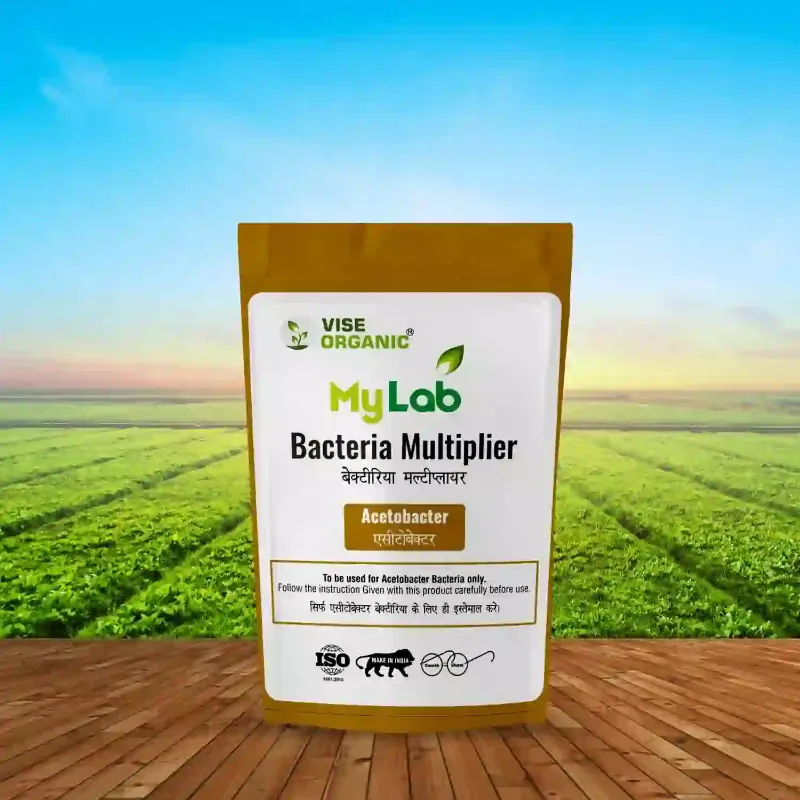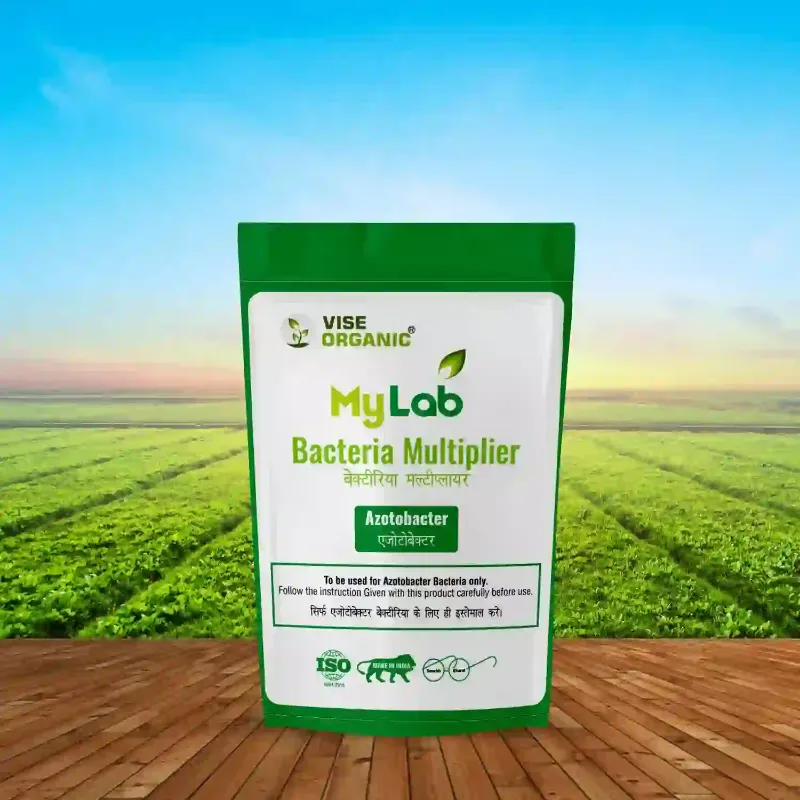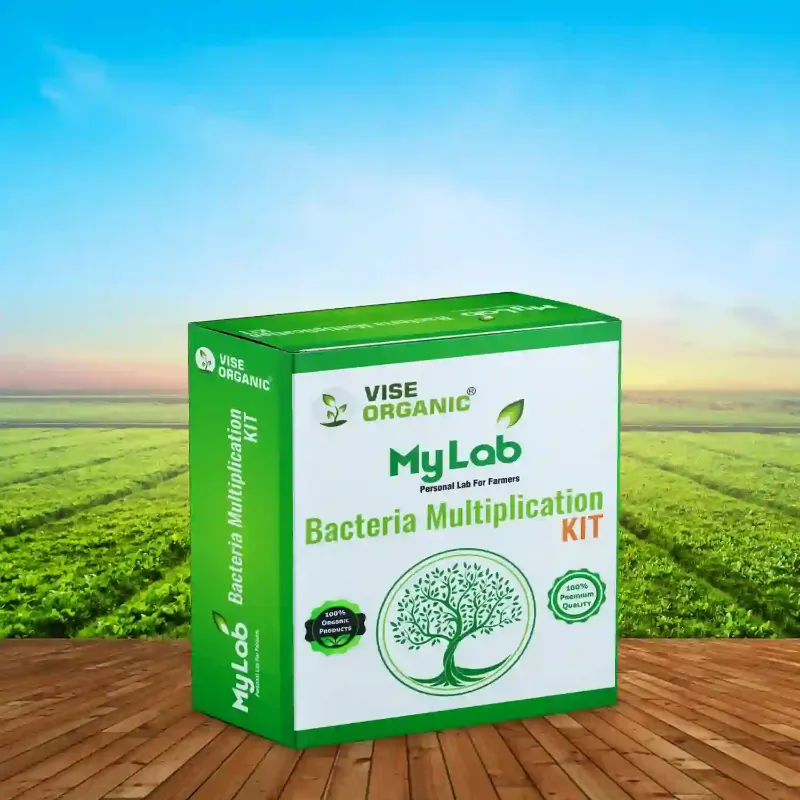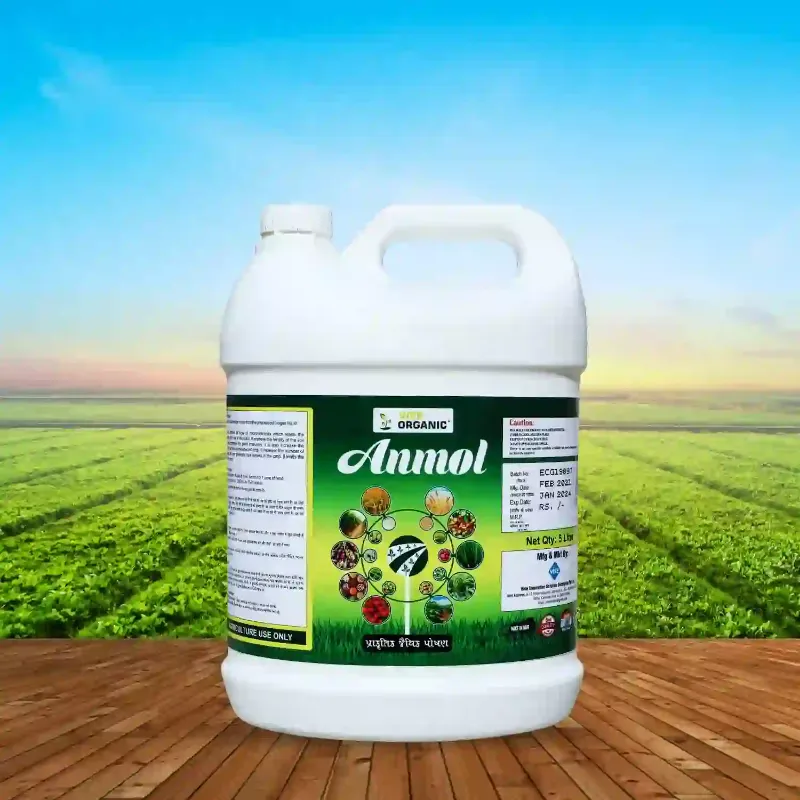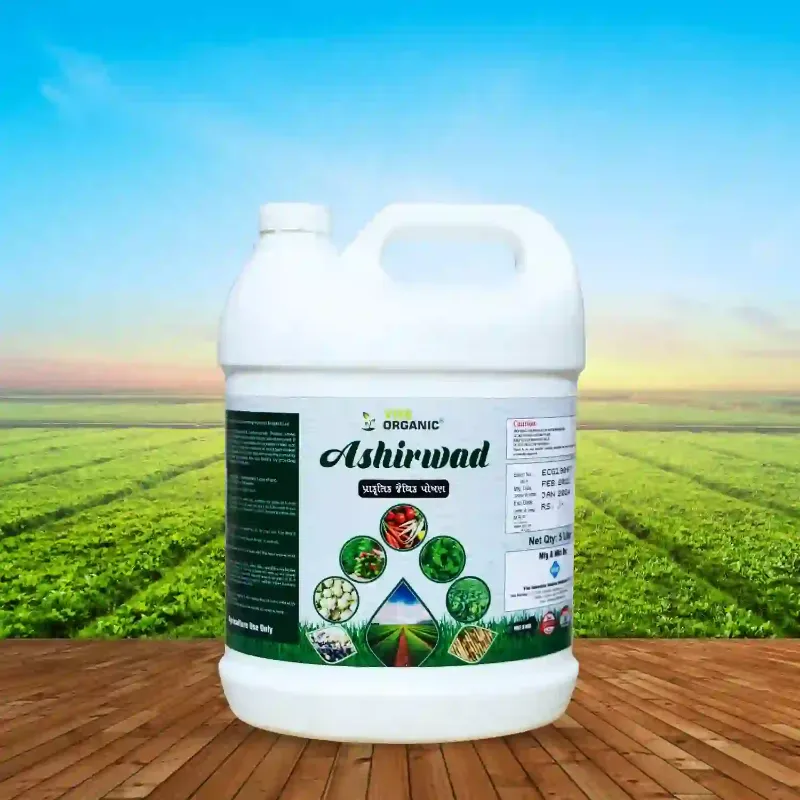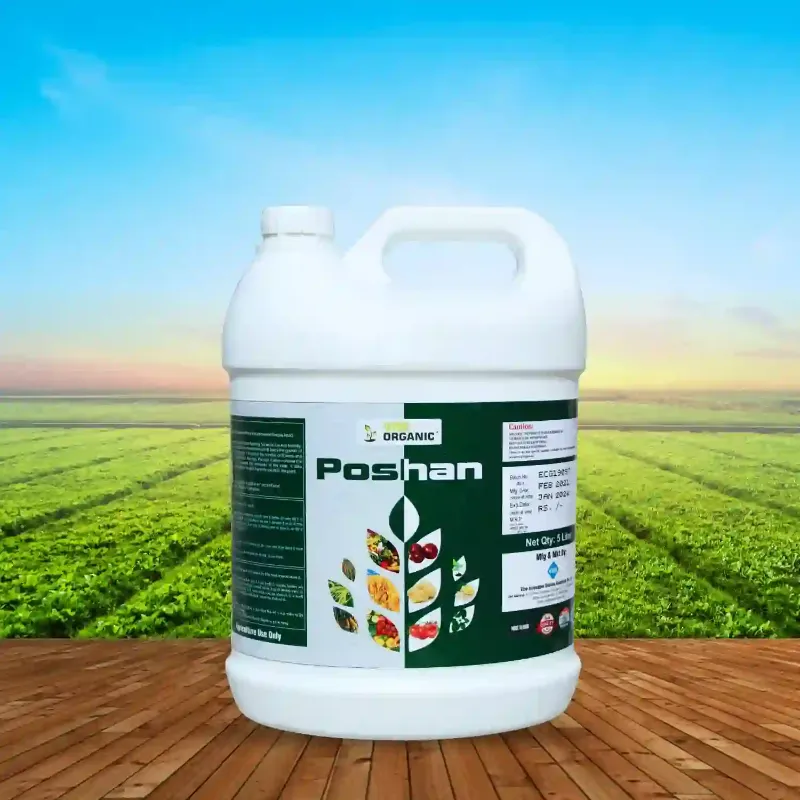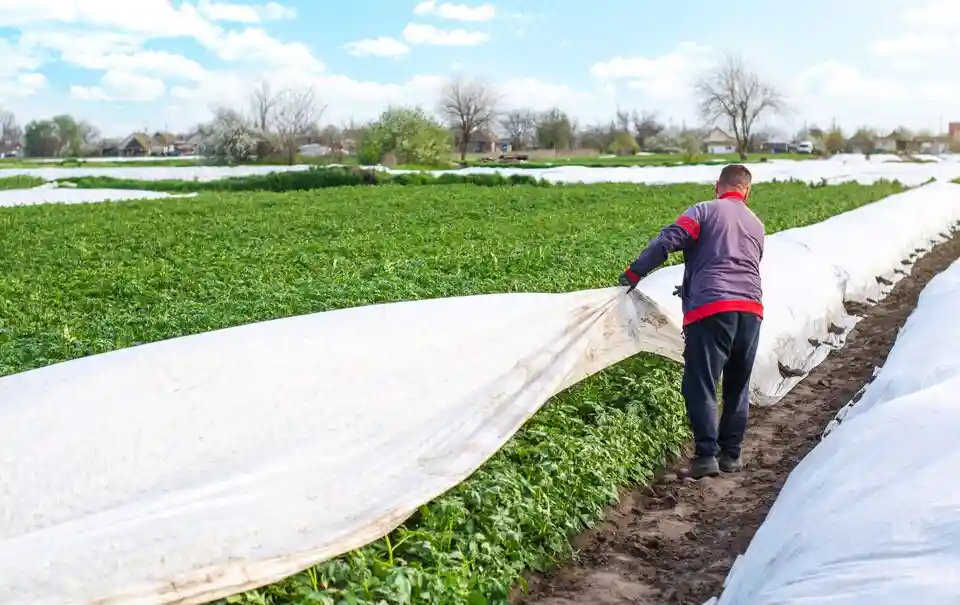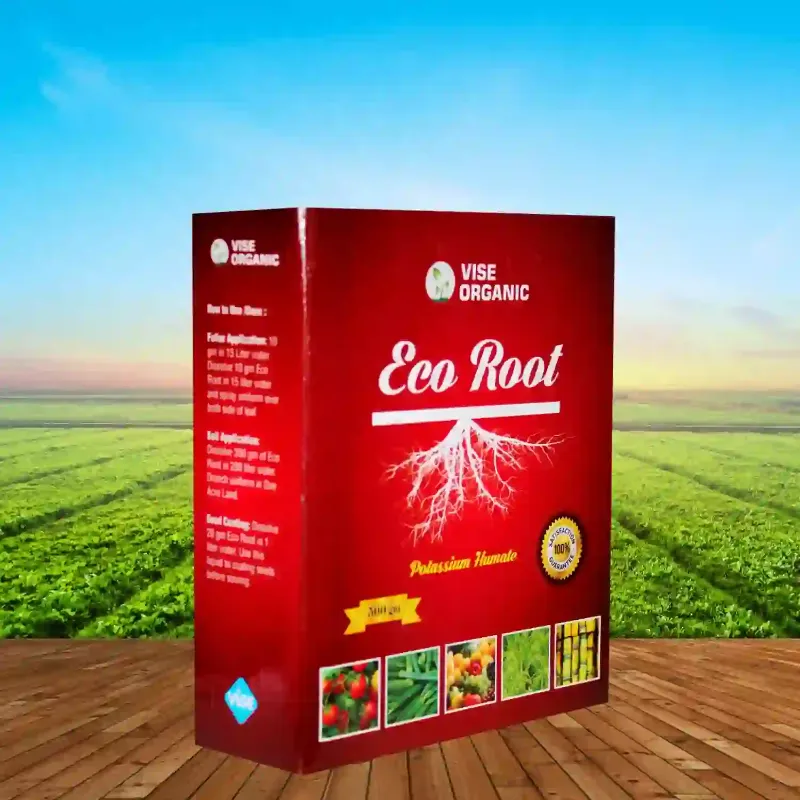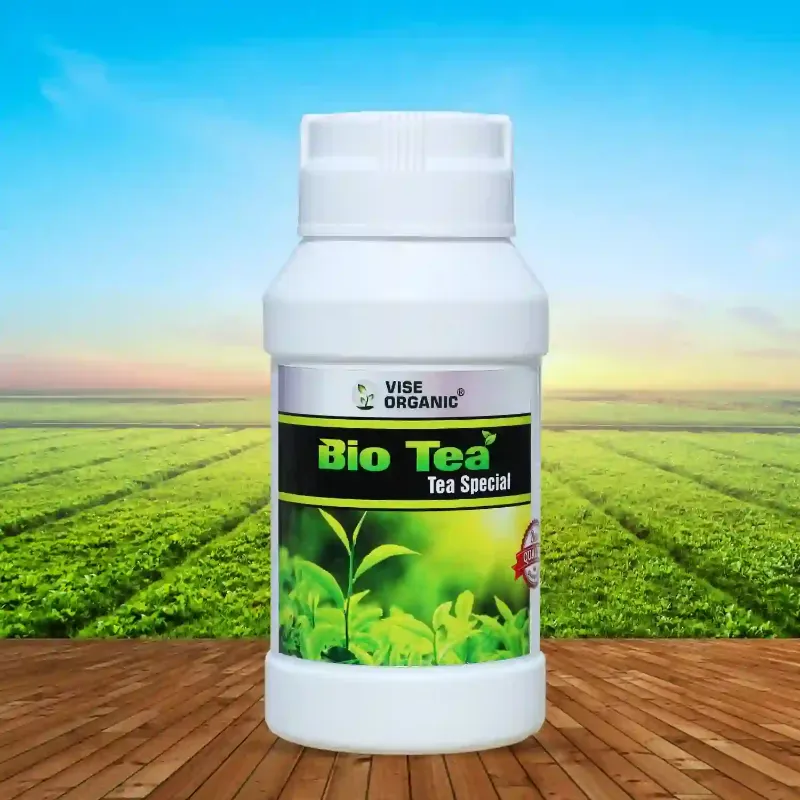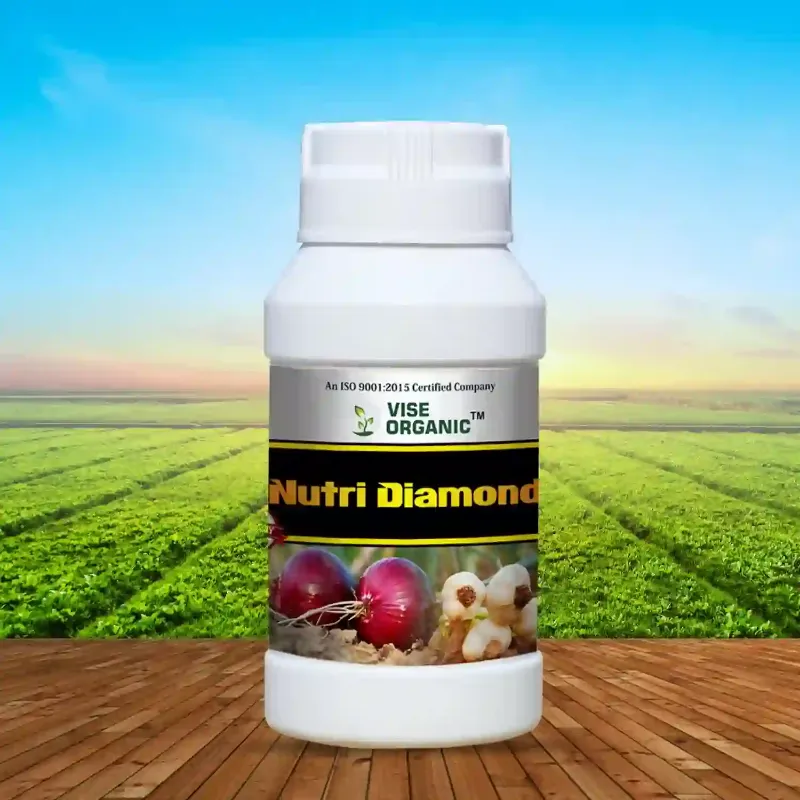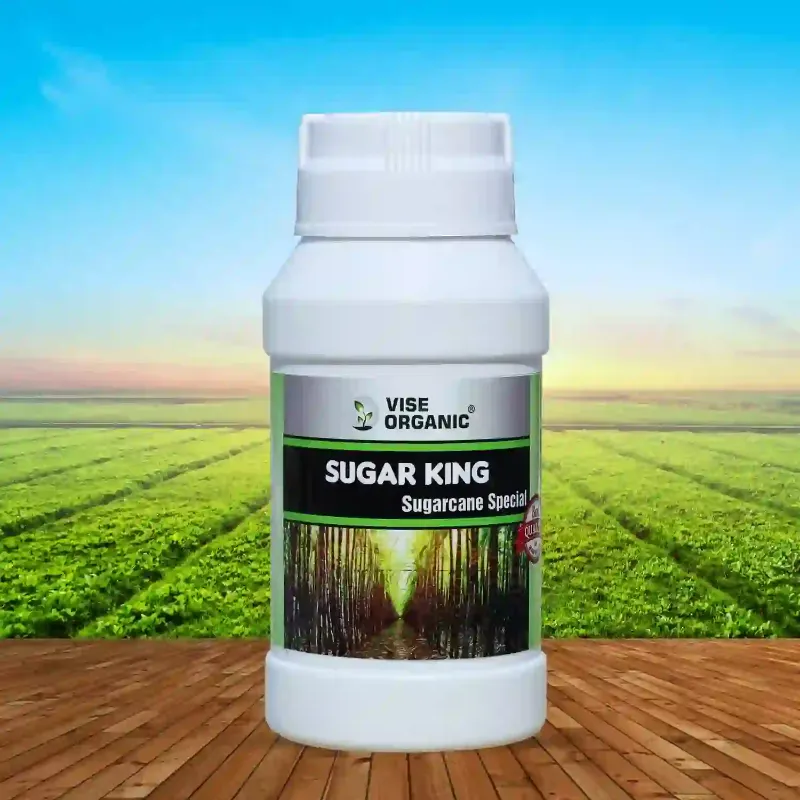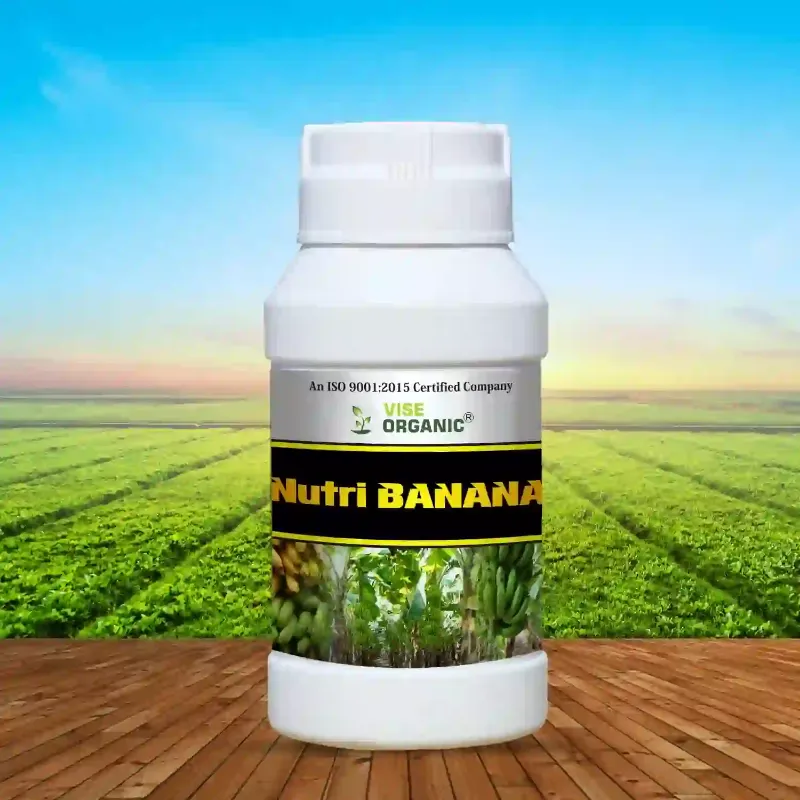In the quest for sustainable and environmentally conscious farming practices, the use of chemical fertilizers has come under scrutiny due to their potential adverse effects on soil health, water quality, and ecosystem integrity. Fortunately, there are several eco-friendly alternatives to chemical fertilizers that promote soil fertility, support plant growth, and contribute to sustainable farming practices.
Compost and Organic Matter
– Compost, often referred to as “black gold,” is a valuable soil amendment made from decomposed organic materials such as kitchen scraps, yard waste, and plant residues. Rich in essential nutrients and beneficial microorganisms, compost improves soil structure, enhances nutrient availability, and promotes healthy plant growth. By recycling organic waste and returning it to the soil, composting supports sustainable farming practices and reduces reliance on chemical fertilizers.
Green Manure and Cover Crops
– Cover crops, also known as green manure, are planted primarily to improve soil health and fertility rather than for harvest. Cover crops, such as legumes, grasses, and clovers, capture atmospheric nitrogen, suppress weeds, and prevent soil erosion. When incorporated into the soil, cover crops decompose, releasing nutrients and organic matter that enrich the soil and support subsequent crop growth. Integrating cover crops into crop rotation plans enhances soil fertility, reduces the need for chemical fertilizers, and promotes sustainable farming practices.
Crop Rotation and Polyculture
– Crop rotation involves alternating different crops in the same field over successive seasons to enhance soil health, break pest and disease cycles, and improve overall crop productivity. Polyculture, or mixed cropping, involves growing multiple crop species together in the same field, promoting biodiversity, soil fertility, and ecosystem resilience. By diversifying crop rotations and incorporating polyculture practices, farmers can reduce reliance on chemical fertilizers, improve soil health, and foster sustainable farming systems.
Biofertilizers and Microbial Inoculants
– Biofertilizers, such as rhizobium, mycorrhizae, and nitrogen-fixing bacteria, are microbial inoculants that enhance soil fertility and nutrient availability through biological processes. These beneficial microorganisms form symbiotic relationships with plants, improving nutrient uptake, promoting plant growth, and reducing the need for chemical fertilizers. By harnessing the power of biofertilizers, farmers can enhance soil fertility, reduce environmental impact, and adopt sustainable farming practices.
In conclusion, eco-friendly alternatives to chemical fertilizers offer sustainable solutions for enhancing soil fertility, supporting plant growth, and promoting environmentally conscious farming practices. By embracing composting, cover cropping, crop rotation, and biofertilizers, farmers can reduce reliance on chemical inputs, improve soil health, and contribute to the long-term sustainability of agricultural systems.

